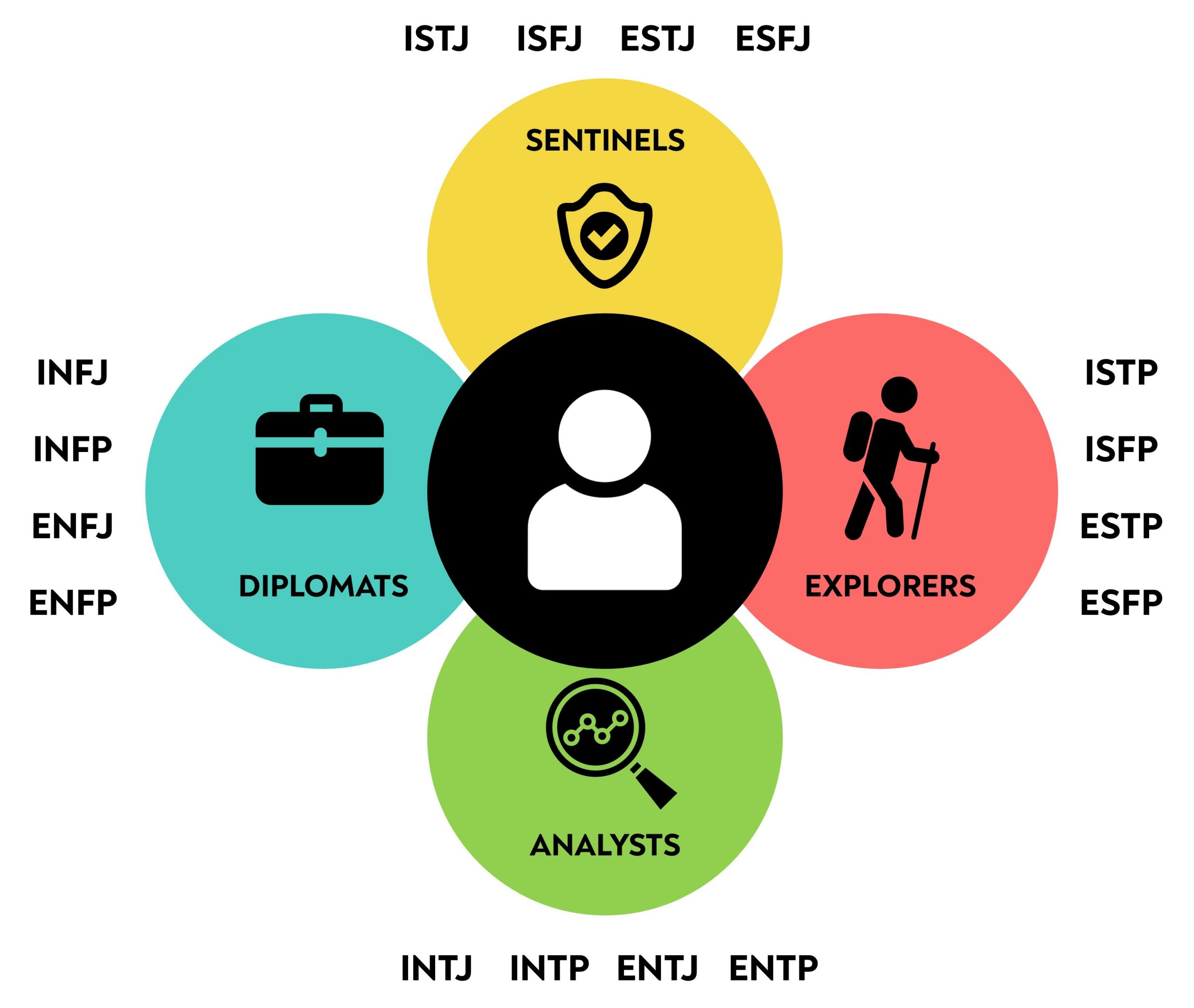 Introduction: Why Compatibility Tools Matter Now
Introduction: Why Compatibility Tools Matter Now
Finding a spouse is one of life’s most consequential decisions, and yet many Muslims in Britain and across the West still rely on chance, chemistry, or community whispers. Meanwhile, modern pressures—career demands, rising costs, and shifting social norms—often delay marriage or complicate the search. Therefore, robust tools for muslim marriage compatibility are not a luxury; they are an essential means of safeguarding intention, dignity, and long-term stability.
Moreover, the online landscape adds both opportunity and risk. City of London Police reported that romance fraud cost UK victims over £106 million in 2024. Consequently, the platforms we use—and the tools they provide—must do more than match profiles. They must verify identities, honour Shariah boundaries, and equip singles to make informed, values-aligned decisions. In short, compatibility is no longer a vague notion; it is a structured, faith-centred process supported by intelligent tools.
Foundations First—Compatibility Begins with Deen
Every effective muslim marriage compatibility framework starts with faith. In Islam, marriage is an act of worship as well as a social contract. Therefore, the non-negotiables must be clear from the outset: beliefs, prayer, halal lifestyle, and commitment to rights and responsibilities. When singles articulate their level of religious practice and expectations—such as Friday prayers, fasting, modesty, and daily routines—they avoid unclear assumptions later.
Furthermore, alignment on fiqh-related lifestyle choices can prevent friction. For example, attitudes towards music, social media, mixed gatherings, or travel can vary, even among observant Muslims. It is not about judging one another; instead, it is about clarity. Explicit discussions on these matters form a sound foundation. After all, a calm home life often flows from shared values and mutually agreed boundaries.
In addition, family and culture play an important role. Many Muslims cherish strong ties with parents and extended relatives. Therefore, compatibility tools should encourage early conversations about family involvement, future care for parents, and how cultural customs will be respected. When platforms surface these topics early—and facilitate halal, transparent communication—couples can build trust and plan wisely.
Beyond the Bio—Digital Tools that Make Compatibility Real
A strong profile is helpful, yet compatibility requires more than polished photos and favourite quotes from poets. Today’s best platforms move beyond aesthetics to behavioural signals and identity assurance. Firstly, digital identity verification reduces catfishing and impersonation. By working with a robust biometrics partner, platforms add a layer of truth to every profile. This matters because trust is the bedrock of serious introductions.
Secondly, safety features can embed Shariah-friendly boundaries into the journey. For example, optional mahram or guardian involvement reassures families and protects users from deception, coercion, or predatory behaviour. Tools like secure profile sharing—ideally with guardian approval—enable measured, dignified disclosure. Therefore, the process remains halal and respectful while still allowing autonomy and informed choice.
Moreover, compatibility tools should include data-informed matching aligned to Islamic values. Rather than pair people based solely on hobbies or proximity, intelligent matching can consider faith practice, marital goals, and lifestyle expectations. Consequently, singles spend less time filtering and more time having meaningful conversations.
The Compatibility Compass—Faith, Values, and Life Vision
To assess muslim marriage compatibility, singles benefit from a clear map of core domains. Consider the following compass points:
- Aqidah and religious practice: Alignment on core beliefs, prayer, modesty, halal income, and communal life.
- Fiqh and lifestyle: Preferences around gatherings, entertainment, travel, and digital habits.
- Family and culture: Expectations on parental involvement, cultural customs, and extended family boundaries.
- Children and parenting: Intentions for children, parenting styles, schooling preferences, and spiritual upbringing.
- Roles and responsibilities: Household duties, financial arrangements, and how decisions get made.
- Work and location: Career goals, flexibility, remote work, or relocation plans.
- Money and mahr: Approach to mahr, savings, debt, and budgeting philosophy.
Each area invites specifics, not platitudes. For instance, instead of saying “I value family,” clarify how often you expect to visit parents, whether you prefer to live close by, and what “being present” means in practice. Likewise, rather than “I’m open to children,” consider when, how many, and how you would divide night-time care. These details reduce ambiguity and allow both parties to evaluate fit with kindness and honesty.
Furthermore, timing matters. Raise the non-negotiables early. If either party sees irreconcilable differences in belief, practice, or life goals, it is better to part respectfully than to persist out of politeness. Compatibility tools should prompt these conversations in an orderly way, so neither person feels ambushed or rushed.
Science Meets Sunnah—Personality, Communication, and Conflict
Faith alignment is foundational, yet personality and communication shape daily life. Therefore, using evidence-informed tools can support better outcomes. Personality inventories (for example, those that assess traits like conscientiousness or introversion–extroversion) can help couples anticipate everyday compatibility—how they rest, socialise, plan, and manage time. Whilst no test should determine fate, structured insights can spark constructive conversations.
Moreover, communication skills and conflict styles deserve focused attention. Some people problem-solve immediately; others need reflection. Some prioritise harmony; others prefer directness. Tools that coach couples through active listening, fair fighting rules, and repair attempts build resilience. Pre-marital education and counselling—rooted in Islamic ethics and contemporary research—provide practical scripts for sensitive topics such as money, intimacy, and in-laws.
Additionally, love and respect languages can guide small, daily acts that nourish the marriage. Whether it is words of affirmation, quality time, service, or thoughtful gifts, couples who learn how their spouse receives care tend to repair faster and thrive longer. Consequently, educational programmes that blend prophetic character with proven relationship strategies offer a balanced pathway to marital tranquillity.
Safety, Dignity, and Agency—Practical Safeguards for Modern Muslims
Modern compatibility tools must protect both heart and identity. Identity verification deters scammers and gives serious users confidence to engage. However, privacy remains essential. Tools that allow users to control how and when they reveal personal details—photos, workplace, or address—reduce risk and anxiety. Profiles can evolve, with more sharing only after trust deepens.
Furthermore, guardian or mahram participation can enhance safety and uphold tradition without undermining autonomy. Chaperoned messaging or supervised video calls offer a middle path: respectful interaction with real-time accountability. At the same time, clear reporting channels and community standards protect users from harassment. When platforms act quickly and transparently, they foster a culture of safety and respect.
Moreover, dignity-minded design can reduce pressure. For example, limiting superficial swiping and encouraging substantive prompts helps members signal intentions and values. Gentle pacing—such as structured question sets at defined intervals—keeps the process serious whilst allowing natural rapport to develop. Ultimately, the right tools enable principled freedom: space to choose, anchored by ethical guardrails.
From Intentions to Action—A Step-by-Step Compatibility Plan
A thoughtful plan transforms hope into progress. Consider the following approach:
- Prepare yourself:
- Clarify your non-negotiables in faith and lifestyle.
- Audit your schedule and finances to ensure readiness.
- Seek advice from a trusted imam, teacher, or mentor if you feel uncertain.
- Build your profile with purpose:
- State your intentions openly: marriage-minded, timeline, and readiness.
- Share core practices (e.g., prayer, fasting) and lifestyle preferences with nuance.
- Choose photos that are modest, clear, and representative.
- Use platform tools wisely:
- Complete identity verification to signal seriousness.
- Enable guardian or mahram features if appropriate.
- Control privacy settings; share details progressively.
- Structure early conversations:
- Begin with values and life vision before deep personal disclosures.
- Compare diaries and energy levels: how you each rest, work, and worship.
- Schedule a chaperoned call to discuss family expectations and boundaries.
- Evaluate compatibility:
- Map alignment across faith, family, finances, and future goals.
- Note differences that enrich you versus differences that exhaust you.
- Use a pre-marital course or counsellor to stress-test assumptions.
- Decide with ihsan:
- Seek istikhara and counsel, then act with clarity.
- If it is not a match, part graciously and protect each other’s dignity.
- If it is a match, set a timeline for nikah and practical next steps.
This plan blends intention with method. It respects Islamic principles whilst acknowledging modern realities. Importantly, it ensures that both heart and head have a voice.
Community and Cost—Removing Barriers to a Halal Marriage
Compatibility does not exist in a vacuum; it lives within community realities. Many Muslims face financial hurdles, from rising living expenses to wedding costs. Consequently, tools and programmes that offer financial assistance or guide simple, dignified ceremonies can unlock marriages that might otherwise stall. Supporting couples with grants or interest-free assistance for modest nikahs keeps the focus on barakah, not spectacle.
Additionally, education is a community responsibility. Workshops for parents on constructive involvement, cultural sensitivity, and realistic expectations can transform the landscape. When families understand contemporary challenges, they can support young adults without undue pressure. Platforms that reinvest in marriage education and community support help shift norms—towards kindness, affordability, and sustainability.
What Good Platforms Do—A Quick Look at MMS
Muslim Marriage Services (MMS) exemplifies how technology and ethics can work together. As a Certified Social Enterprise, MMS reinvests in community benefit rather than chasing growth at any cost. This model removes perverse incentives and puts member welfare first. Crucially, to counter the surge in online fraud—over £106 million in losses reported in 2024—MMS verifies every member through its strategic biometrics partner, Yoti, a Certified B Corporation known for robust AI identity solutions. Consequently, users engage with added confidence.
Beyond verification, MMS builds Shariah-aligned features into the journey. DynamIQ Guardian offers optional mahram monitoring that protects users from deception, coercion, and predatory behaviour. Meanwhile, ProfileShield enables secure profile sharing with the option for guardian approval, preserving dignity and control. Together, these tools make muslim marriage compatibility safer and more transparent.
Furthermore, MMS goes beyond introductions. Islamic compatibility matching aligns candidates on faith and values rather than superficial traits. Education and support—through pre- and post-marital courses, coaching, and counselling—help couples develop communication skills and conflict resilience. Additionally, a Marriage Fund aims to reduce financial barriers for those unable to afford wedding costs, whilst broader community reinvestment strengthens the Ummah through practical support and marriage education initiatives.
Finally, the Guardian Council ensures expert, Shariah-compliant oversight. Guided by a respected female Shariah scholar and global family solicitor with over 20 years’ experience, the Council centres women’s voices and promotes balanced guidance. It also engages with Christian communities on shared values and cultural sensitivity, reflecting a commitment to interfaith understanding. This governance reinforces trust, security, and innovation—key pillars for ethical matchmaking in a complex digital era.
Choosing with Tawakkul and Clarity
Compatibility tools are not a substitute for taqwa, but they can serve taqwa. When singles use identity checks, guardian features, and value-driven matching, they move with greater confidence. Moreover, when they study communication, practise fair conflict, and seek wise counsel, they prepare their hearts and homes for tranquillity.
Ultimately, muslim marriage compatibility is a journey of intention and method. You bring your faith, your character, and your best effort. The right tools bring structure, safety, and insight. Together, they help you choose with clarity, act with ihsan, and place your trust in Allah. Insha’Allah, that is how good marriages begin—and how strong families endure.

